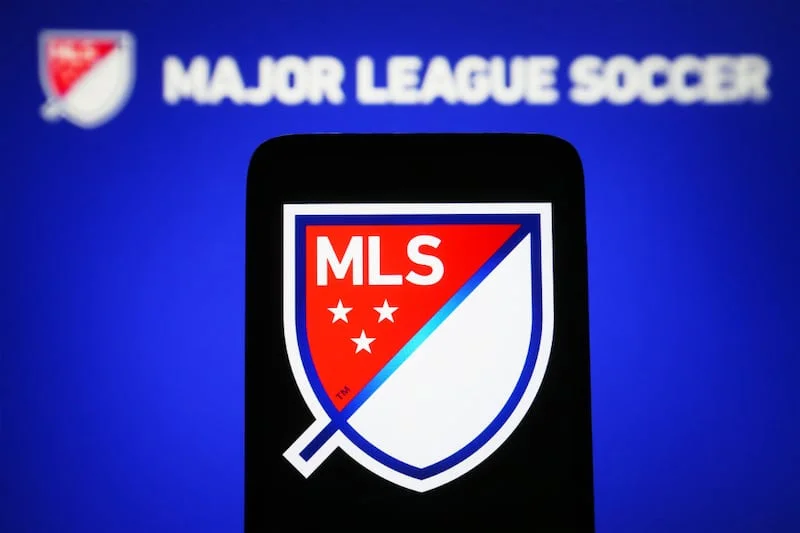
Could Messi’s Arrival Transform MLS Into the Premier League of the Americas?
The arrival of football legend Lionel Messi at Inter Miami has sparked significant changes within Major League Soccer (MLS), prompting many to question whether this pivotal moment could redefine the landscape of American soccer. With Messi credited for elevating Inter Miami to "the Real Madrid of MLS," the implications of his presence extend far beyond the pitch.
In a recent interview, Josef Martinez, a fellow player at Inter Miami, highlighted a stark transformation in the standards at the club since Messi's arrival in 2023. He noted that the legendary Argentine not only made an immediate impact with his performances but also inspired his teammates to elevate their own games to match his extraordinary talent.

Messi's influence has transcended the sporting arena, evidenced by a significant surge in sponsorship revenues for MLS. According to recent reports, sponsorship revenue has increased by double digits compared to last season, with companies eager to associate their brands with the invigorated league. Jen Cramer, MLS's Executive Vice President of Partnership Marketing, noted that the upcoming 2026 FIFA World Cup, combined with the rising cultural relevance of soccer, has attracted substantial investments from major brands.
Notably, companies such as Audi and Michelob Ultra have ramped up their sponsorship commitments, reflecting a broader trend where advertisers are increasingly gravitating towards live sports as a means to engage with audiences. This is particularly pertinent as the popularity of soccer continues to grow in the U.S., driven in part by Messi's presence.
Before Messi joined MLS, the league had just 1 million followers on Instagram; that number skyrocketed to over 17 million following his arrival. The demographic shift is striking as well, with 60% of MLS's fanbase now comprising Gen Z and millennials, while more than 35% identify as Hispanic. These groups represent a burgeoning market for advertisers seeking to tap into expanding consumer bases.

However, challenges remain. MLS's exclusive broadcasting deal with Apple TV limits transparency in viewership metrics, raising questions about the league's commercial viability. Despite concerns about audience engagement, Cramer believes that the momentum from Messi's arrival and the lead-up to the 2026 World Cup positions the league for a transformative period.
Reflecting on the significant turn in MLS’s trajectory since Messi donned the Inter Miami jersey, it’s clear that this is more than just a sporting phenomenon; it’s a cultural shift. The league stands at a crossroads, with potential to capitalise on unprecedented interest and investments that could shape the future of soccer in America. As Messi continues to inspire a new generation of fans and players, the question lingers: can Major League Soccer truly become the premier football league in the Americas?
What do you think? Will MLS maintain its growth trajectory, or is this just a fleeting moment? Share your thoughts in the comments below.